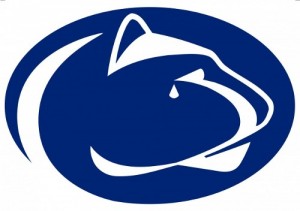The Education Week website recently published an article describing allegations of cheating on the Pennsylvania System of School Assessment (PSSA) exams in a number of schools in Philadelphia. Similar to stories from other districts, including Atlanta and Washington, D.C., the allegations state that principals and/or teachers were involved in changing student test sheets after they were handed in, in order to change wrong answers to correct ones. In the case of Atlanta, the allegations have been found to be true, while the Washington and Philadelphia incidents are still under investigation.
The likely purpose behind this form of cheating is to increase the performance of schools, which under the No Child Left Behind (NCLB) Act passed in 2002 (as the reauthorization of the Elementary and Secondary Education Act) is measured based largely on the performance of students on state curricular framework tests. Under the original NCLB statute, schools had to achieve a standard, known as Adequate Yearly Progress, toward the legislation’s goal of 100% of students achieving proficiency on the state tests by the year 2014. There has been much controversy around the heavy-handed use of student test scores not just for assessing students, but also for measuring school and even teacher performance (the latter of which I wrote about in an early blog post). In response to some of these concerns, the Obama administration has allowed states to apply for a waiver for complying with the requirements of NCLB, as long as they come up with an alternative plan for improving student performance in schools and assessing school performance.

 Last summer, I wrote a
Last summer, I wrote a